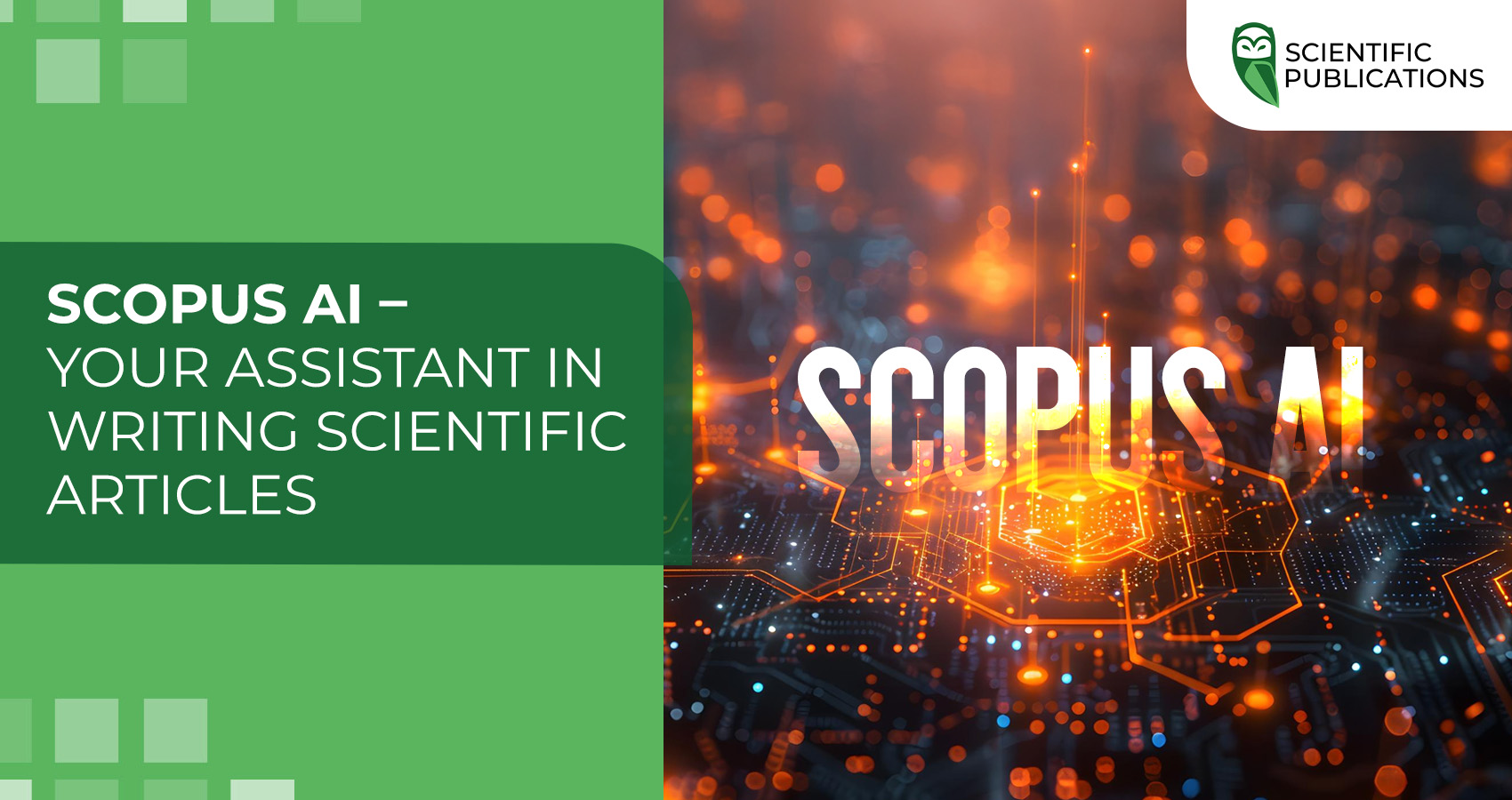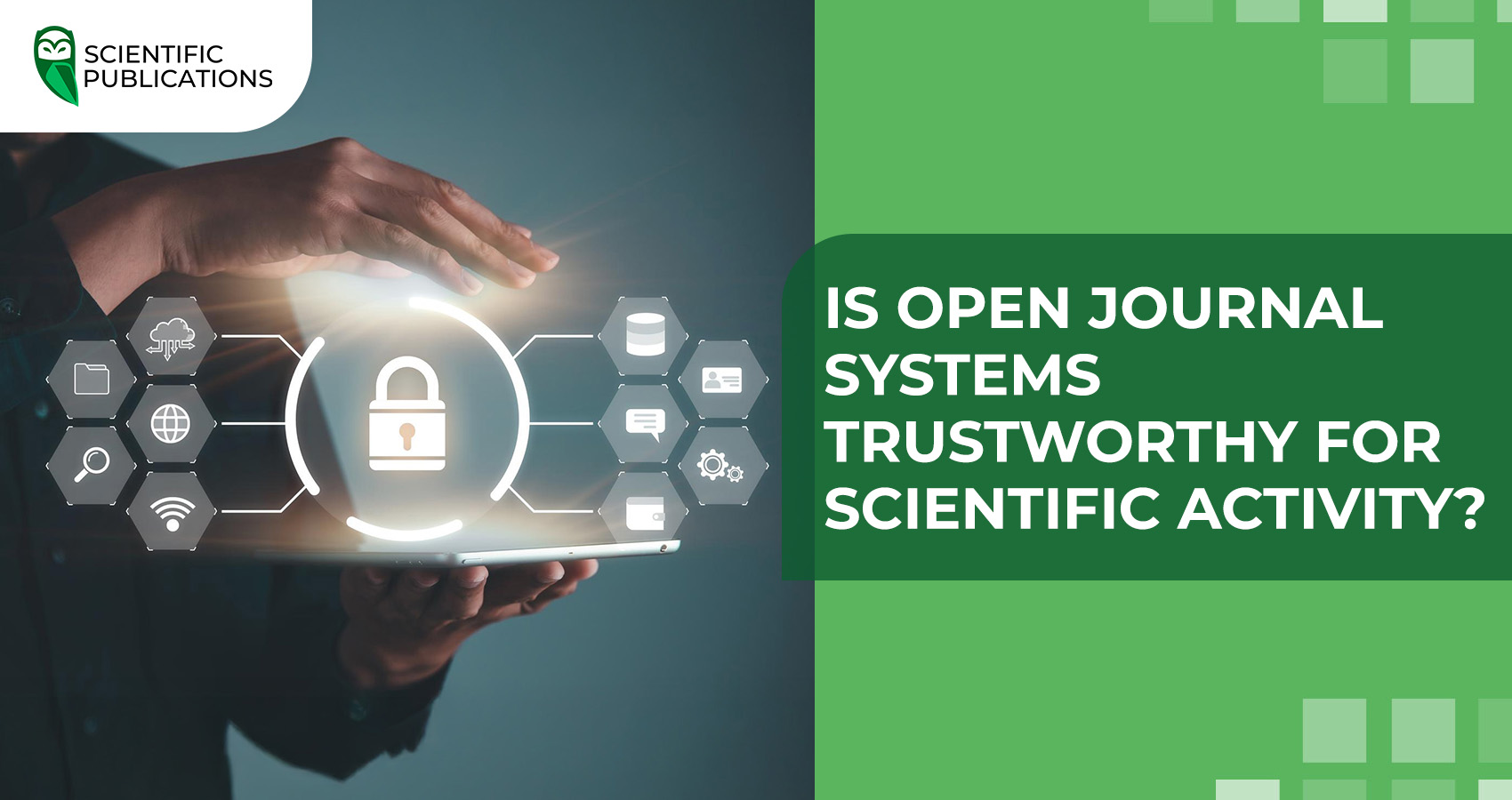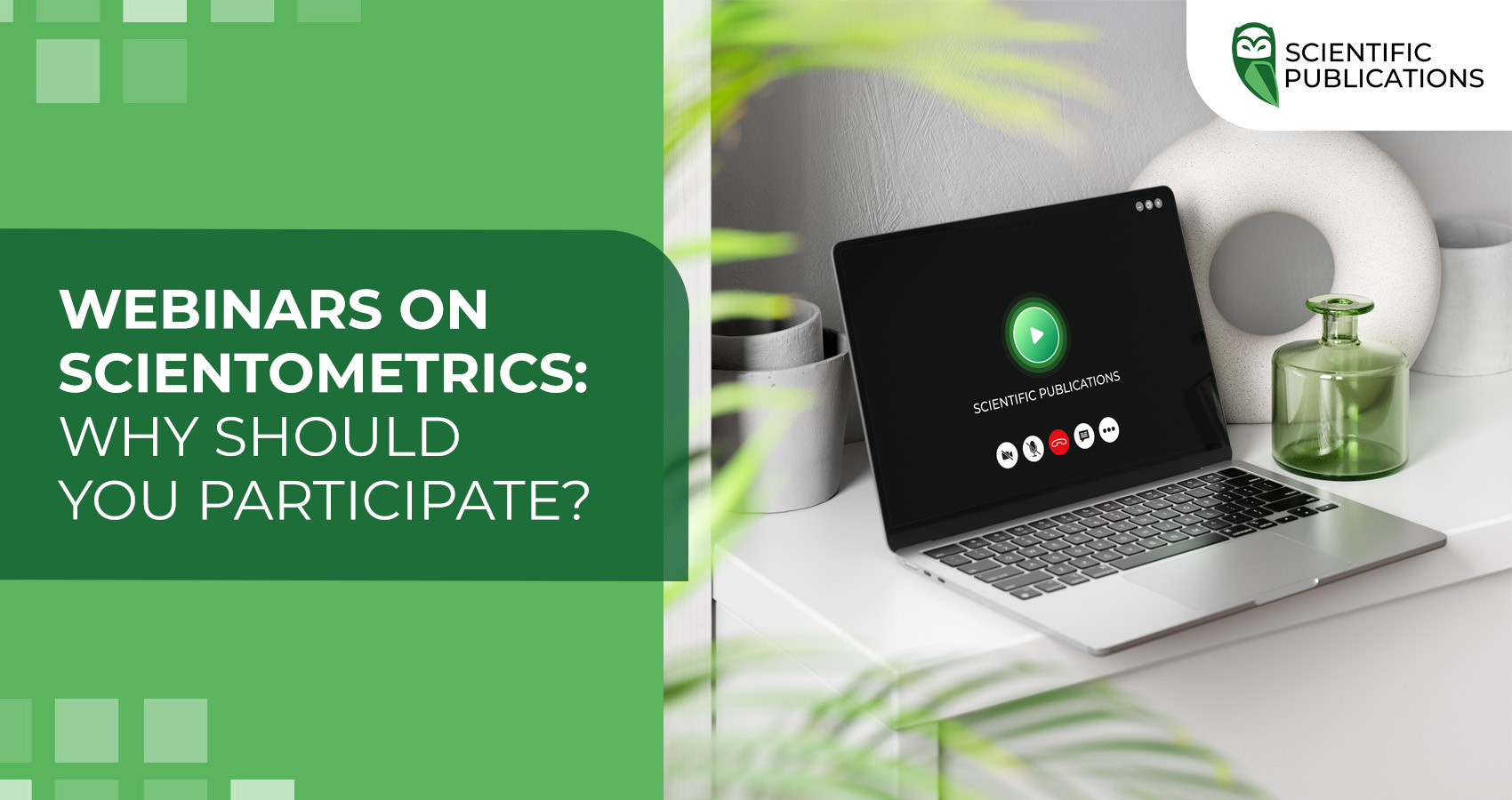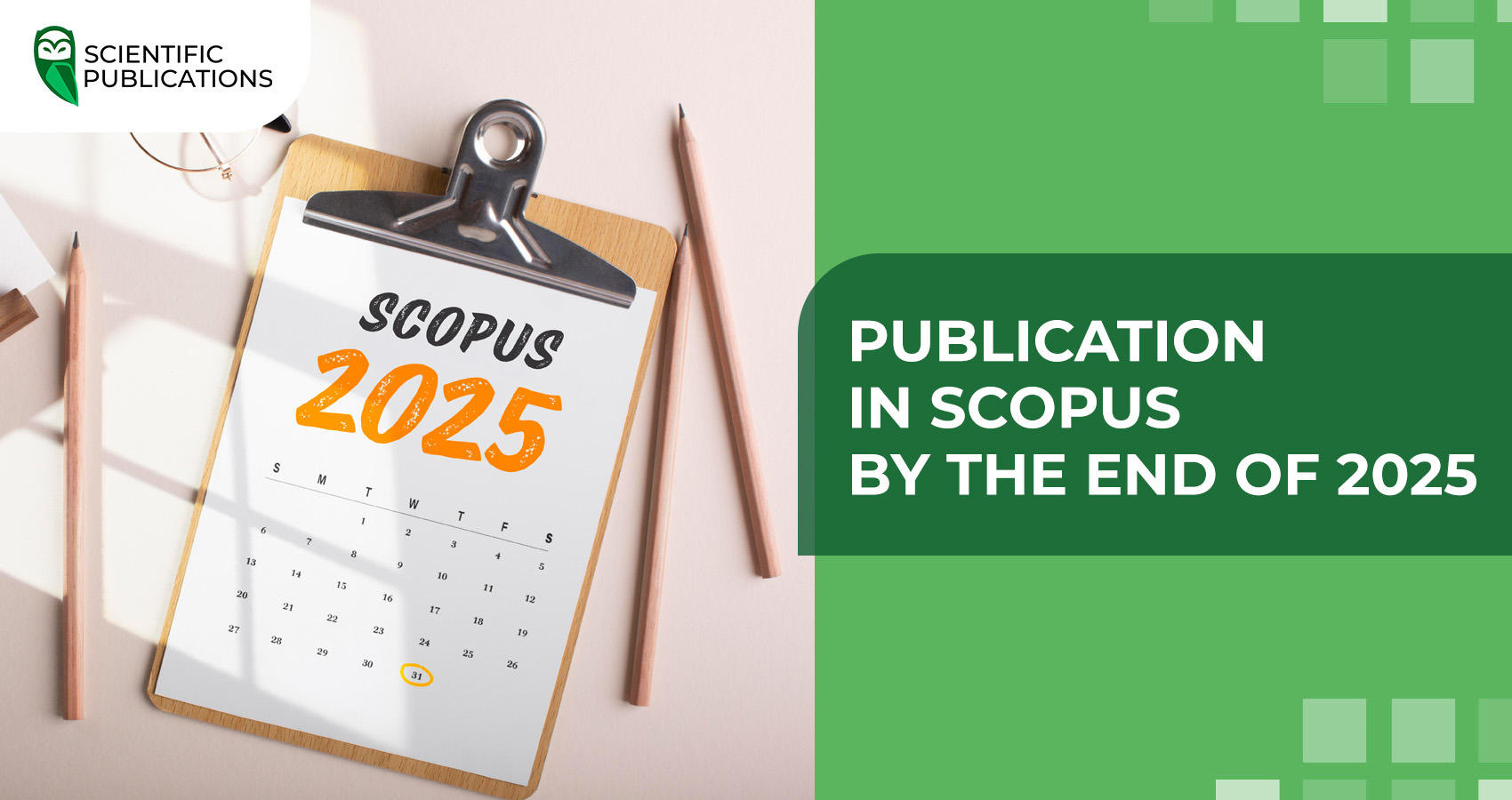The DOAJ directory is one of the most authoritative platforms providing researchers from around the world with access to scientific journals and publications. Does DOAJ really guarantee high scientific quality of research? What principles does the database use to select which journals to include and which to exclude from indexing? You will find the answers to these questions in our article.
Order a publication
Contact the manager
Submit application
X

We have a gift for you!
Free citation of your research or a discount on publication services — the choice is yours!

Denys Hlushko
Director of the company
"Scientific Publications Kyrgyzstan"







